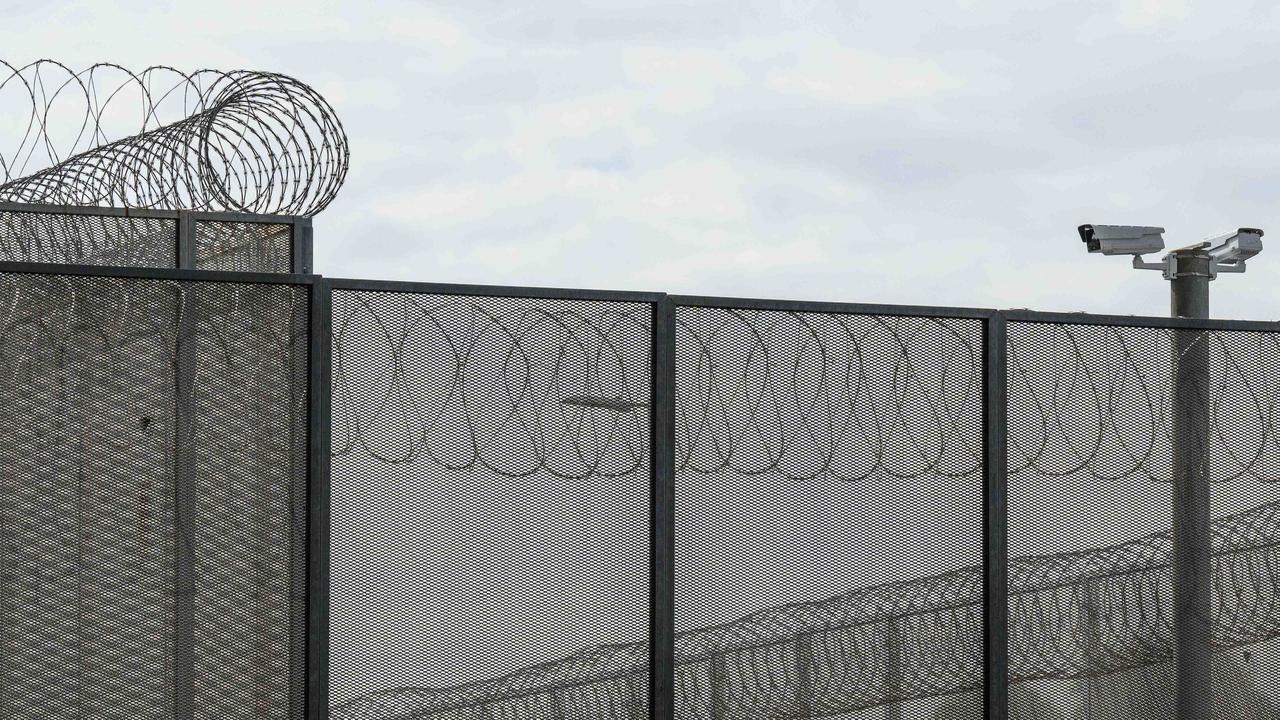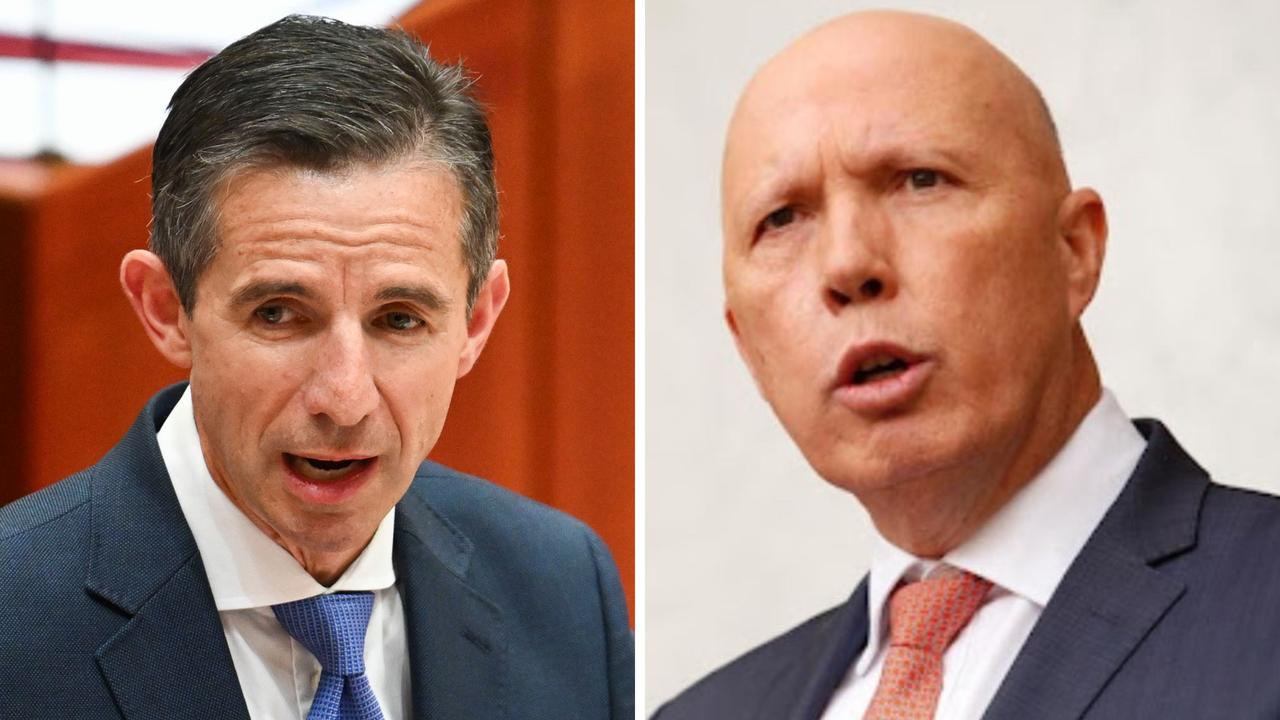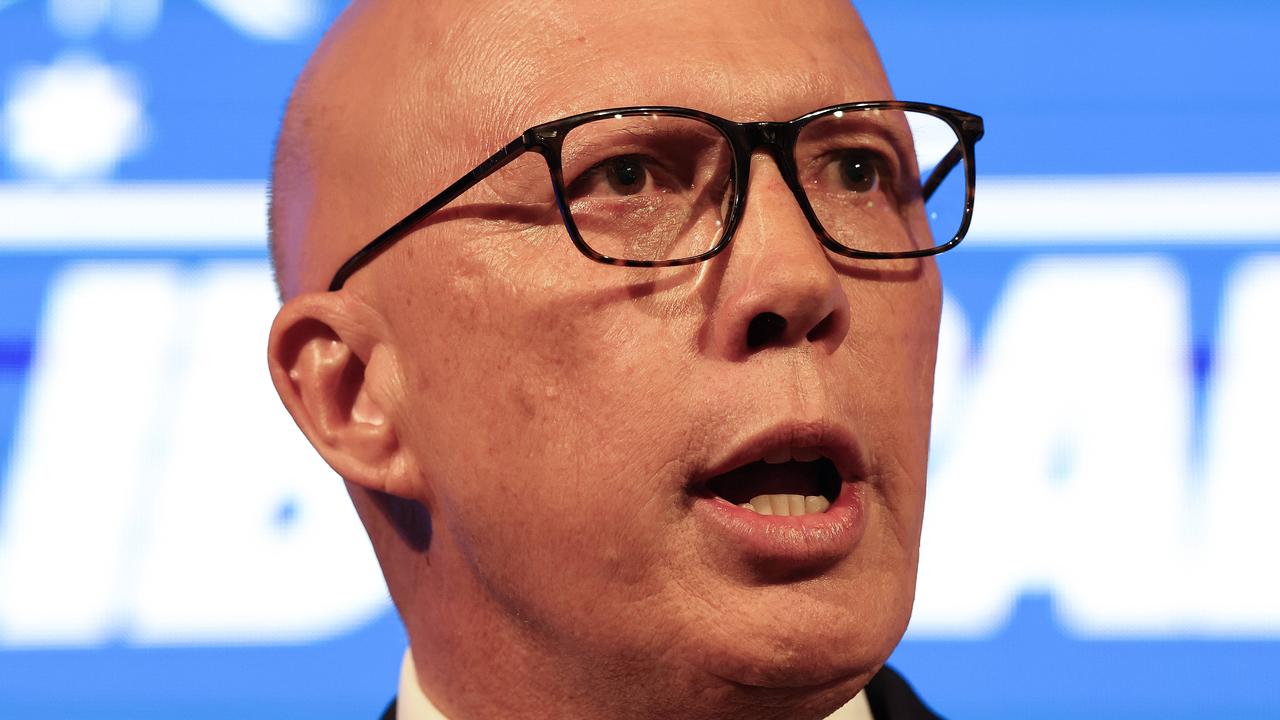Key UN committee cancels Australia trip due to ‘lack of access’ to detention facilities
A United Nations torture committee has cancelled a visit to Australia, which is now ranked alongside Rwanda for one very unwanted reason.
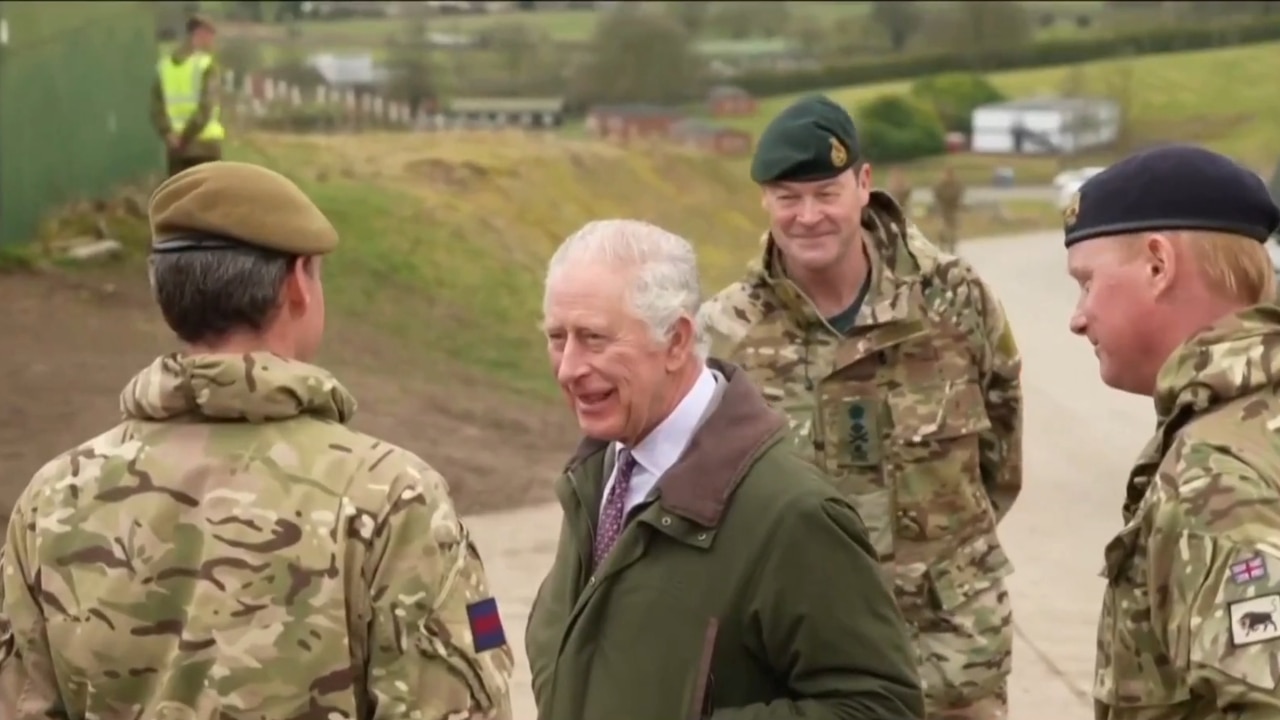
A key United Nations committee has cancelled a trip to Australia over a continued lack of access to detention facilities in NSW and Queensland.
Last year, the UN Subcommittee on Prevention of Torture delayed its visit to Australia over the lack of access, a decision which has now been entrenched due to “obstacles” in carrying out its mandate, the Subcommittee said in a statement on Monday,
“Despite the good co-operation the Subcommittee has with the Australian Federal Authorities following our initial mission, there is no alternative but to terminate the visit as the issue of unrestricted access to all places of deprivation of liberty in two states has not yet been resolved,” Suzanne Jabbour, the Subcommittees’ chairperson said in a statement on Monday.
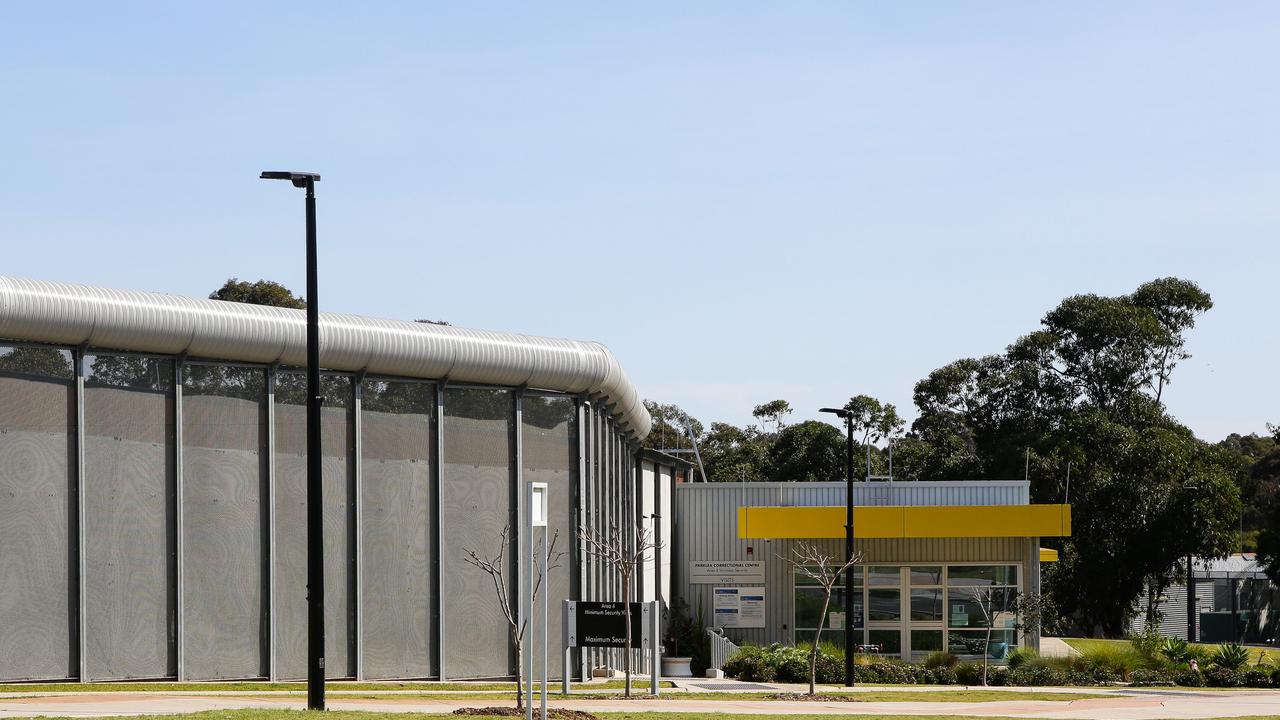
Despite cancelling its visit to Australia, which joins Rwanda as the only country to have its inspections terminated, the Subcommittee will press ahead with visits to South Africa, Kazakhstan and the Philippines, among others.
“Nevertheless, a report based on what the Subcommittee observed during its October visit before the suspension will be shared with the State party as soon as possible,” Ms Jabbour said.
“It will enable ongoing communication with the Australian government,” she said.
UN Subcommittee on Prevention of Torture concludes its latest session with a decision to terminate its suspended visit to #Australia and confirms plans to visit South Africa, Kazakhstan, Madagascar, Croatia, Georgia, Guatemala, State of Palestine, and the Philippines this year. pic.twitter.com/eOQhHSDINx
— UN Geneva (@UNGeneva) February 20, 2023
In a statement released on Tuesday, the Australian Human Rights Commission said the decision was “extraordinary”.
AHR Commissioner Lorraine Finlay said the decision was “disappointing but not undeserved”.
The Commission said the decision comes one month after Australia missed its extended deadline to implement the Optional Protocol to the Convention Against Torture (OPCAT), which Australia ratified in 2017 and which placed obligations on the country’s places of detentions.

“Australia has had years to meet our OPCAT obligations, but we have failed to deliver on our treaty promises,” Ms Finlay said.
“Australian governments must take this as a wake-up call and urgently prioritise implementation of their responsibilities under OPCAT to implement systems of oversight for all places of detention,” she said.
For states which ratify OPCAT, the Subcommittee has a right to visit their place of detention and examine the treatment of the people held there.
A spokesperson for Attorney-General Mark Dreyfus said since the October suspension, Australia had worked “cooperatively and in good faith” over a resumption of the visit.
“The Australian Government deeply regrets the decision by the (Subcommittee) SPT to terminate its visit to Australia,” a spokesperson said.
“This is despite the fact that the Subcommittee carried out successful visits to places of detention across almost all jurisdictions in Australia, and the progress made by Australia in addressing the concerns raised by the Subcommittee,” they said.
“This disappointing decision does not reflect the Australian government’s commitment to protecting and promoting human rights, and does not change our commitment to implementing Australia’s OPCAT obligations and to facilitating future visits.”
